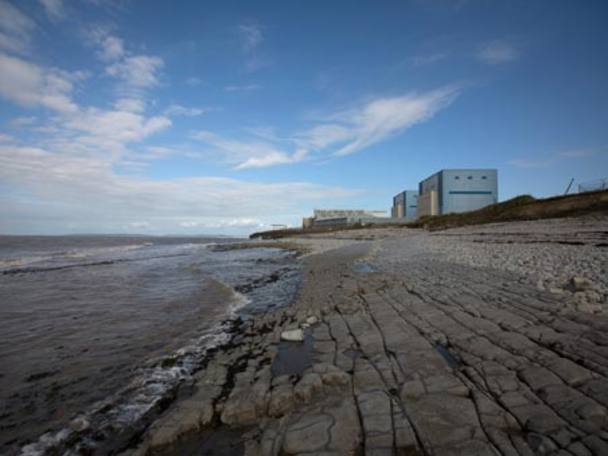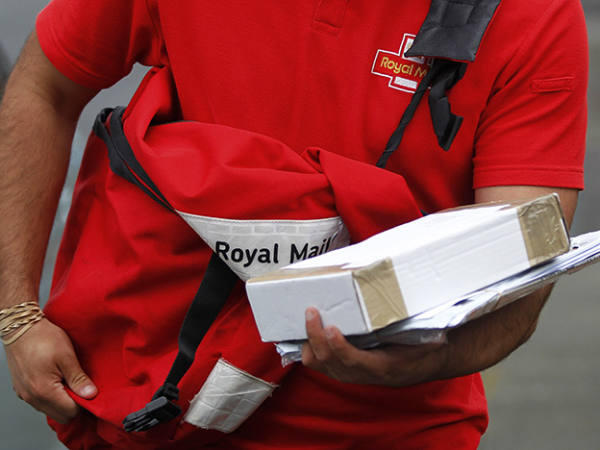The deal to build the UK's first new nuclear power station since 1995 brings a sharp new focus to the energy price debate. On the one hand, politicians are browbeating the big six energy suppliers for raising energy prices, while on the other they are standing atop plans for Chinese nuclear power stations applauding a deal that locks the government into paying double the current electricity price.
The deal that will see French utility EDF and its Chinese partners - China National Nuclear Corporation and China General Nuclear Power Corporation - build a new nuclear power plant at Hinkley Point in Somerset guarantees them a price of £92.50, indexed to inflation, for every megawatt hour of electricity generated during the 35-year contract. This is roughly double the current price and the gap will be made up through subsidies; for that, read levies on customers' energy bills.
The deal does, at least, include a clause that will see EDF, rather than taxpayers, cough up for any cost overruns on the £16bn project. That is reassuring given that recent new nuclear projects overseas, including EDF's own in France, have been hit by soaring costs and delays. Perhaps that is why private companies were not exactly queuing up to take part in the Hinkley Point project.
Still, nuclear power does have its temptations - it is low carbon and plugs a big hole in future energy supply plans. But the big six energy suppliers are faced with a regulatory regime intent on stamping out any hint of profiteering. Recent price hikes from three of them - British Gas, SSE and Npower - have been met with a hailstorm of criticism from across the political spectrum. Spiralling energy bills are a huge burden on consumers, but the big six argue that they can either absorb rising wholesale prices and green energy levies thus making their energy supply businesses loss-making or pass them on.
The big six's issues contrast starkly with the improving credentials of renewable energy suppliers. Consider two businesses. The first, growing cash profits at over 20 per cent a year at an operating margin of over 20 per cent, and the second with an operating margin of just under 7 per cent last year and loss-making for several months of this year. Which is the well-established energy player and which the risky, renewable upstart? Well, the first is soon-to-float renewables firm Infinis, and the second is the residential arm of Centrica's British Gas. All of which makes Ian Marchant's recent shift from chief executive of SSE to chairman of Infinis look canny.








